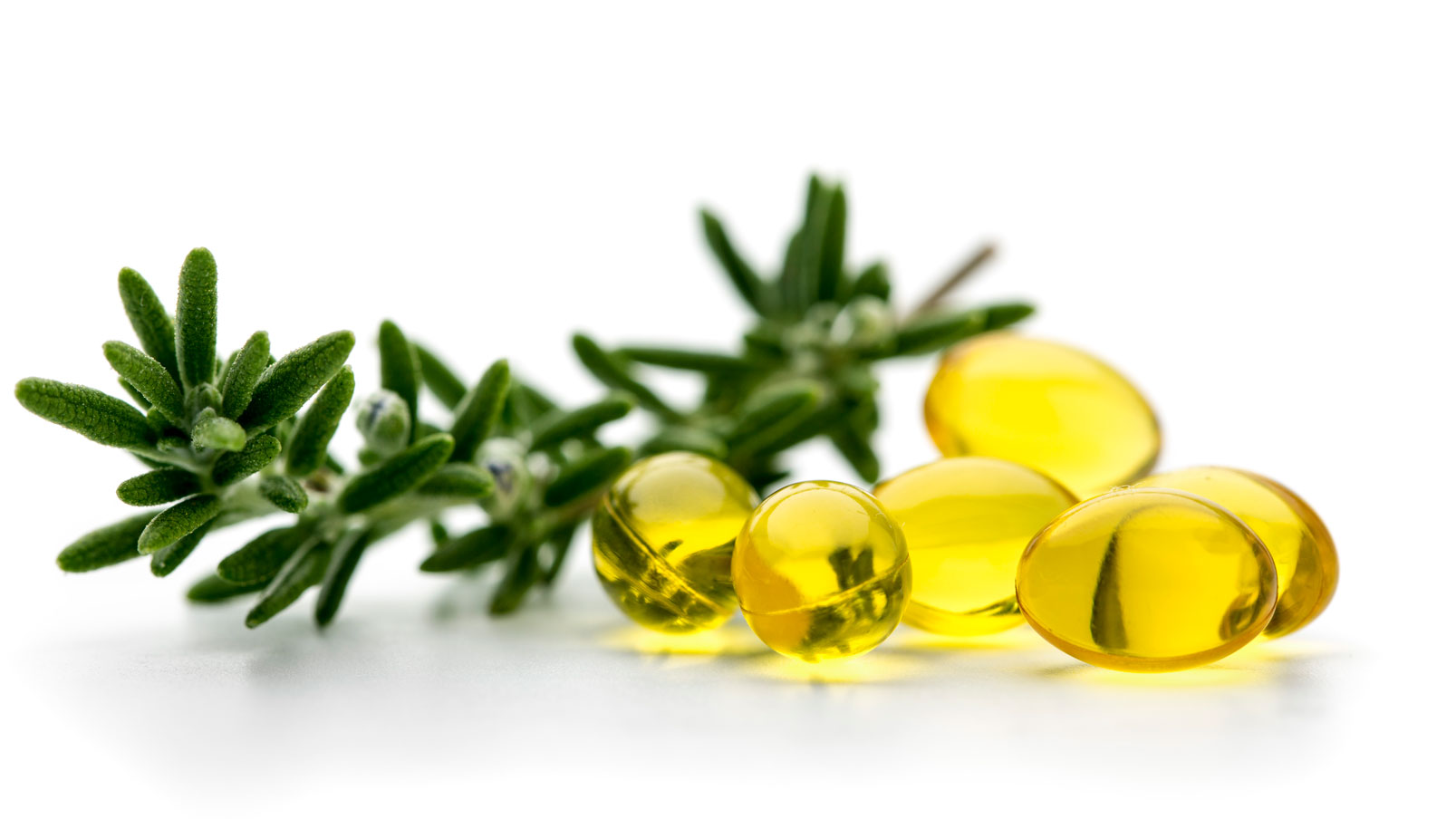PHYTOCHEMICAL PLANT MOLECULAR SCIENCES
UNLOCKING THE POTENTIAL OF PHYTOCHEMICALS
-Advanced genetic and genomic techniques are transforming our understanding of how phytochemicals can improve human health.
Research Keywords: Plant Molecular Science, Phytochemical, Gene
 iStock.com/mashuk
iStock.com/mashukSince ancient times, people have used the natural compounds in plants, known as phytochemicals, for medicinal and nutritional use. Now, scientists at Chiba University are using advanced genetic and genomic techniques to verify how phytochemicals are generated in plants, how they can be manipulated to optimize certain plant groups, and how they may help tackle lifestyle-and aging-related diseases.
Plants naturally generate chemicals for various purposes, including for attracting pollinators and defending themselves. These specialized metabolites allow plants to colonize specific niches in the food chain, adapt to new environments and evolve to survive potential stressors. Crucially, phytochemicals also exhibit properties that can help treat human diseases. Examples in modern medicine include morphine, the antimalarial drug artemisinin and chemotherapy agents derived from taxanes.
ENLISTING PHYTOCHEMICALS TO FIGHT DISEASE
Kazuki Saito, who leads the Phytochemical Plant Molecular Sciences program, says that because phytochemicals display considerable natural diversity, they have huge potential to fight disease. “Although phytochemicals have been used in pharmaceuticals and ancient remedies for many years, it is only now, with the advent of next-generation DNA sequencing, that we can really begin to understand how they work and unlock their full potential,” says Saito.
The program consists of three collabora- tive research groups, each working on a specific theme.
One group is focusing on the genomics of medicinal plants and food crops with the key aim of revealing the genomic principles of phytochemical production. Employing state-of-the-art technologies, the researchers identify and clarify the roles of unknown genes, as well as investigate plant metabolism. In 2016, Saito’s team assembled a draft genome for licorice (Glycyrrhiza uralensis), which is used worldwide as a natural sweetener and a medicinal component.
They identified several components known to play a positive role in human health within the plant, while pinpointing key genes, the manipulation of which could lead to crop improvements.
The second team is identifying novel phytochemicals and active products in a wide variety of plants, searching for drug components to tackle diseases such as cancer, dementia and diabetes. As well as isolating and analyzing promising molecules, the group conducts animal trials to assess the pharmaceutical potential of molecules. In particular, they have extensively investigated Lycopodium alkaloids (LAs), molecules found in the vascular plant Lycopodiaceae, which may help to treat Alzheimer’s disease and schizophrenia.
The third group is investigating how plants respond to different environmental stresses by growing plants in different artificial environments and monitoring their responses to change.
“Our aim is to optimize plants so that they produce high-quality phytochemicals that we can harvest for use in medicines and functional foods,” explains Saito. “Our insights will enable us to grow rare plants more successfully and will also inform agricultural practices for commercial crops in the future.
” While the group is focusing on phytochemicals, it also conducts wide-ranging interdisciplinary studies and hence welcomes researchers and students with backgrounds in chemistry, horticulture, genetics and pharmacy who are interested in this exciting and rapidly developing area of research.
(CHIBA RESEARCH 2020)Members
Principal Investigator
| Name | Title, Affiliation | Research Themes |
|---|---|---|
| SAITO Kazuki | Specially Appointed Professor,Plant Molecular Science Center | Plant Functional, Genomics, Systems Biology |
Co-Investigatior
| Name | Title, Affiliation | Research Themes |
|---|---|---|
| YAMAZAKI Mami | Professor, Graduate School of Pharmaceutical Science | Plant Molecular, Biology, Secondary Metabolism |
| YOSHIMOTO Naoko | Assistant Professor, Graduate School of Pharmaceutical Science | Plant Molecular, Biology, Secondary Metabolism |
| RAI Amit | Visiting researcher, Plant Molecular Science Center | Bioinformatics, Systems Biology |
| TAKAHASHI Hiroki | Associate Professor, Medical Mycology Research Center | Bioinformatics |
| UMENO Daisuke | Specially Appointed Professor, Graduate School of Engineering | Metabolic Engineering |
| TSUCHIMATSU Takashi | Visitting Associate Professor, Graduate School of Science | Plant Evolutionary, Genomics |
| ISHIBASHI Masami | Professor, Graduate School of Pharmaceutical Science | Natural Product, Chemistry, Biologically Active, Natural Products |
| KITAJIMA Mariko | Associate Professor, Graduate School of Pharmaceutical Science | Natural Products, Chemistry |
| IGAWA Tomoko | Associate Professor, Graduate School of Horticulture | Plant Molecular, Biology, Genome Editing |
| HANAOKA Mitsumasa | Professor, Graduate School of Horticulture | Plant Physiology, Molecular Biology |
| GOTO Eiji | Professor, Graduate School of Horticulture | Bio-information Systems, Bioenvironmental System Engineering |
| KAGAWA Natsuko | Associate Professor, Center for Environment, Health and Field Science | Phytochemistry, Analytical Chemistry |
| SHIMADA Takashi | Associate Professor, Graduate School of Horticulture | Physiology of Plant Organelles |
| SASSA Hidenori | Professor, Graduate School of Horticulture | Plant Genome Science |
| HARA Yasumasa | Assistant Professor, Graduate School of Medicine | Natural Product Chemistry, Bioactivity Natural Products |
| KIKUCHI Shinji | Associate Professor, Graduate School of Horticulture | Cytogenetics |
| ITO Kohji | Professor, Graduate School of Science | Plant physiology |
| TAKAYA Akiko | Associate Professor, Graduate School of Pharmaceutical Science | Microbial medicine |
| MIYAHARA Taira | Associate Professor, Graduate School of Horticulture | Society for Plant Cell and Molecular Biology |
| SAITO Takanori | Assistant Professor, Graduate School of Horticulture | Cultivation/breeding |
| ISHIKAWA Hayato | Professor, Graduate School of Pharmaceutical Science | Natural Products Chemistry,Organic Chemistry |
| MEGHA | Specially Appointed Assistant Professor, IGPR/Graduate School of Pharmaceutical Science | Natural Products Chemistry,Organic Chemistry |
